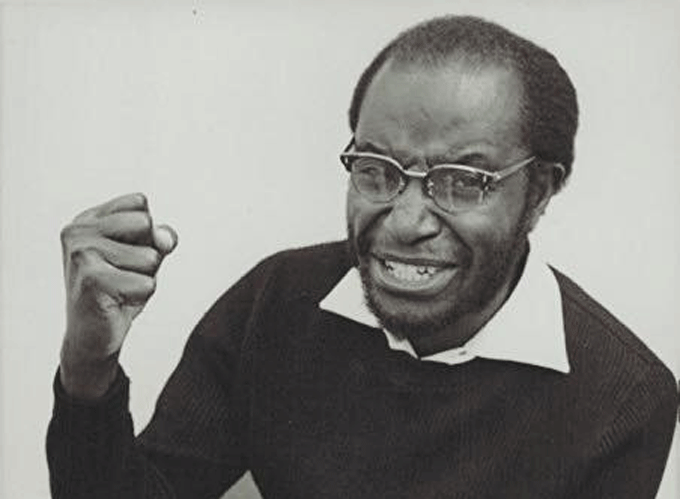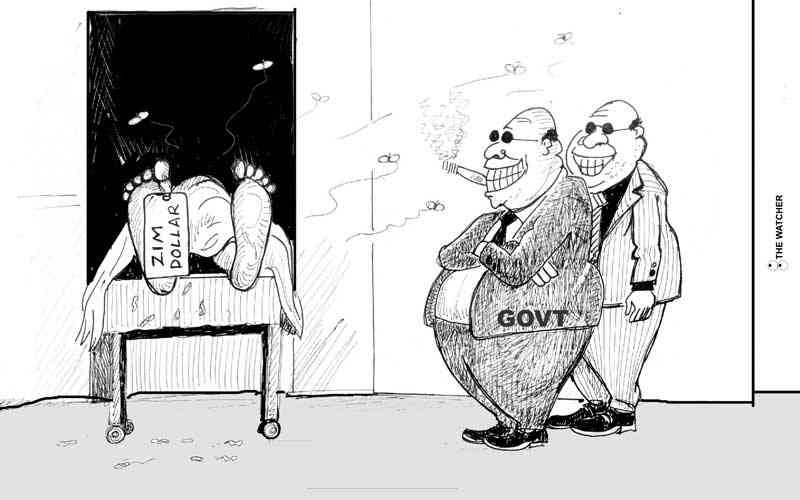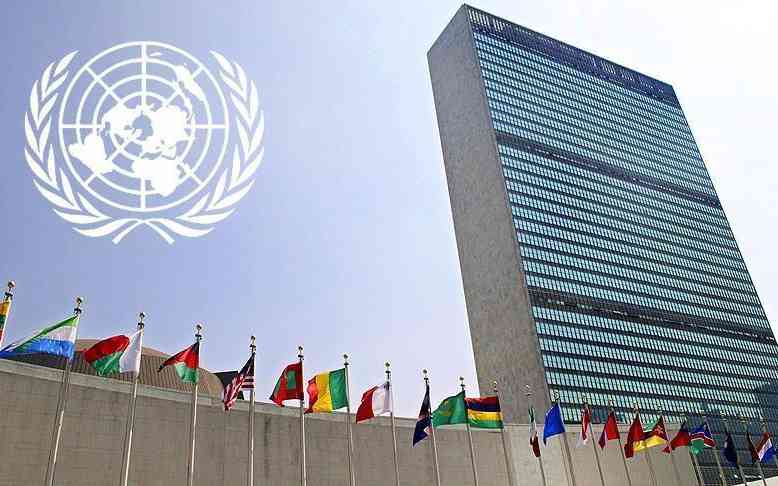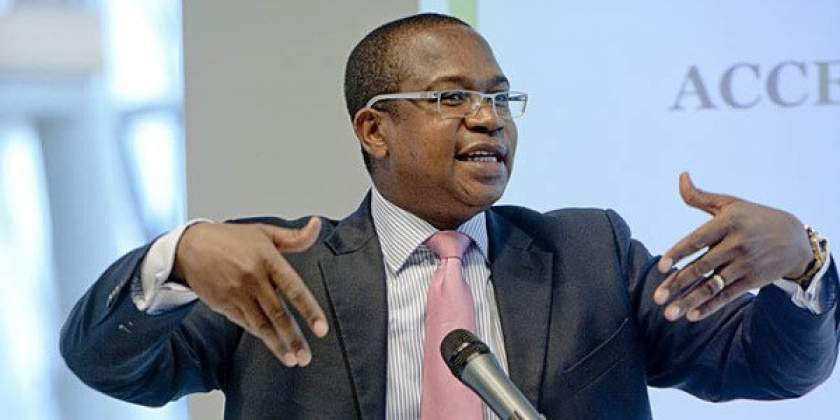
By Tapiwa Gomo
LAST week a colleague shared a quotation by Simon Mwansa Kapwepwe, the second Vice-President of the Republic of Zambia from October 1967 to October 1970.
He died in January 1980 after holding several government and parliamentary positions.
In the 1967 quotation, Kapwepwe warned his African counterparts that: “If we don’t handle our independence very well, colonisers will come back in the form of investors.”
It is more than five decades since Kapwepwe said these words and warned of the repercussions on the essence and goal of the liberation movements and the eventual independence and yet what has become central to most, if not all current and aspiring African leaders, is how to lure foreign investors.
Foreign investment has been centralised as the panacea to economic growth and poverty reduction in Africa.
In Zimbabwe, we have heard a million times and we will hear more about it as we gear towards elections in 2023.
Technically, and in a neutral environment, there should be less harm in counting on foreign investment to rekindle or sustain an economy.
- Chamisa under fire over US$120K donation
- Mavhunga puts DeMbare into Chibuku quarterfinals
- Pension funds bet on Cabora Bassa oilfields
- Councils defy govt fire tender directive
Keep Reading
But African countries have never been treated with respect by investors from former colonial countries or those from the East.
In fact, African countries are among the least respected by investors from all regions of the world simply because of their weak negotiation position and vulnerability.
It does not help that the leadership seems to have settled for the idea that Africa is a begging continent and will accept whatever comes its way, including unfavourable economic terms and conditions.
Perhaps, it is time we reflect on Kapwepwe’s prophetic words and attempt to chart the way forward.
It is clear that based on his postulation, the institutional faces we call investors and sources of economic policies and funding are the same as those who colonised African countries.
In fact, the colonisation of Africa was an investment mission for European countries, the only difference is how it is now framed.
The continued European presence in Africa is purely for economic purposes and a continuation of colonial interests.
While African countries have claimed and celebrated political independence, the European investment mission has never changed.
This has seen most African countries continue to depend on international financial support and economic support from Western-based financial institutions instead of tapping from their own elite.
But Kapwepwe’s quotation is not just words but caution that “if we do not handle our independence very well,” African countries will remain under the control of the same colonisers but with a new face called foreign investors.
He perceived an Africa that had no or limited foreign investors but one that had achieved economic growth through its own people.
Tough as it may seem, it is, indeed, a provocative statement and a challenge to current and aspiring African leaders.
Perhaps, Kapwepwe imagined an African country whose people had assumed leadership of the political and economic development of their affairs.
Perhaps he imagined the African elite taking leadership in economic development, while the politician creates a conducive environment for domestic investors to the extent that foreign investment constitute a marginal portion of the national economy.
Most, if not all major global economies, are driven and sustained by the local elite and yet the majority of African economies continue to count on foreign investors for economic growth.
The local elite is distinct social groups within a society which enjoy privileged status and exercise decisive control over the organisation of society.
The elite comes in various categories but three major groups dominate literature which includes the entrepreneurial elite involved in business; the knowledge-based elite or academics and researchers; and the political elite those who seek or occupy public office.
In Africa, we are taught to hate and demonise our elite and to see them as corruption and axis of foreign interests instead of luring them to invest their loot in national economic development.
The relationship between African societies and their elite is broken.
In fact, African societies have been made to believe that their own elite is part of the problem and on their part the elite has shunned their home countries preferring to save and invest their money, time and skills in other countries.
We are all familiar with the role the economic elite in South Africa and China played in establishing their economies.
The industrialisation in countries such as Japan, South Korea and Taiwan was the product of elite-driven enterprise, whereby small groups of technocrats and business leaders navigated the State towards high rates of economic growth.
The economic boom in Brazil, though it is posing a threat to democracy and poverty ownership, is attributed to their elite that has been allowed space and leadership in establishing an economic growth path.
Rooted in the hydrocarbon wealth, the proliferation and diversification of the Middle East economies are also built around their elite.
The privileged elite took charge of much of privatisation, macroeconomic growth and domestic and foreign trade. And in its case, it enjoyed the protection of its governments to enable growth.
Admittedly, the local elite approach — just like any other — presents its own set of challenges such as centralisation and abuse of political and economic power and control, the gains outweigh the challenges.
One of the critical gains is that the economy is locally owned and driven.
It is in everyone’s interest to ensure and maintain economic stability as instability — in whatever form — will affect everyone.
There is less or no compulsion to conform to neo-liberal or neo-colonial economic policies in order to lure foreign investment because those will no longer occupy central positions in the national economic growth agenda.











